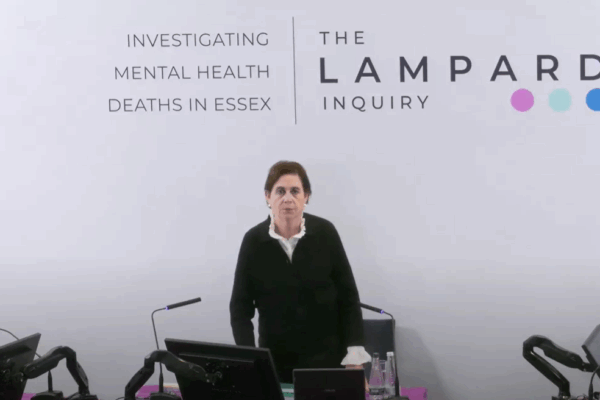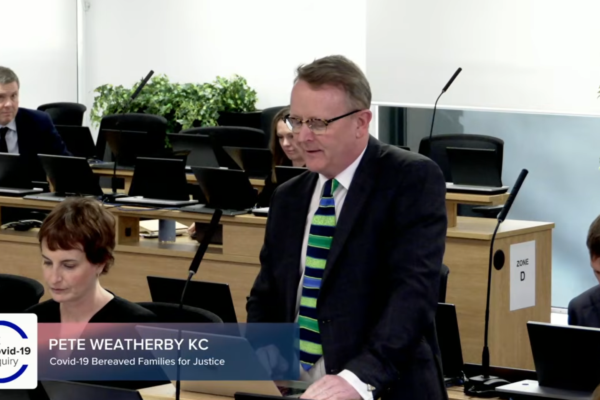Category A Oral Hearing Refusal Quashed
16 October 2020
In R (Smith) v Secretary of State for Justice [2020] EWHC 2712 (Admin) the Administrative Court (Calver J) quashed a decision by the Director of Long-Term and High Security, refusing to direct an oral hearing in the Claimant’s case.
The Claimant had first been recommended for downgrading in 2015 by a prison-based psychologist, and in 2016 the local advisory panel (‘LAP’) recommended that he should be downgraded. At that stage the Category A Team refused to downgrade him, noting that there was further risk-reduction work for him to complete. The Claimant duly completed that work, and by the time of his 2019 review he had support for his downgrading from a prison-based psychologist, and independent psychologist, and the LAP.
The Director refused an oral hearing, and in the judicial review claim argued that there was no dispute of expert opinion requiring an oral hearing because the report writers and LAP were all making the same recommendation. In quashing the decision the judge said on this point at para 34(3):
‘…since all three psychologists agree on downgrading, the claim to an oral hearing is obviously stronger than it would be in a case where there is a significant dispute on the expert materials. As HH Judge Belcher stated in R (Seaton) v Secretary of State for Justice [2020] EWHC 1161 (Admin) at [53] in granting judicial review of the director’s decision not to hold an oral hearing: “Had the Director been presented with reports which were all in favour of re-categorisation, there would be a strong case for an oral hearing if he was minded to reject all of those conclusions.”‘
This is an important point for practitioners to have in mind when requesting an oral hearing in category A cases, as are the observations of the judge about the relevance of the Claimant’s denial of his index offending, set out at para 34(8):
‘…the maintaining of this denial by the Claimant may mean that it is harder to form a proper assessment of the factors contributing to his offending, leading to the possibility that there may be less certainty about the level of his risk and whether it has significantly reduced or not. However, on the facts of this case this fact, whilst complicating the assessment, has not prevented the psychologists from making a proper assessment of the factors contributing to the Claimant’s offending.’
This is an important distinction to be borne in mind when faced with the contention that a prisoner’s denial of his offending has obstructed a proper risk assessment. The relevance of the denial and the weight to be attached to it will, as the judge noted, depend on the particular circumstances of the individual case.
Mr Smith was represented by Matthew Stanbury, instructed by Dean Kingham and Yasmin Karabasic from Swain & Co.





